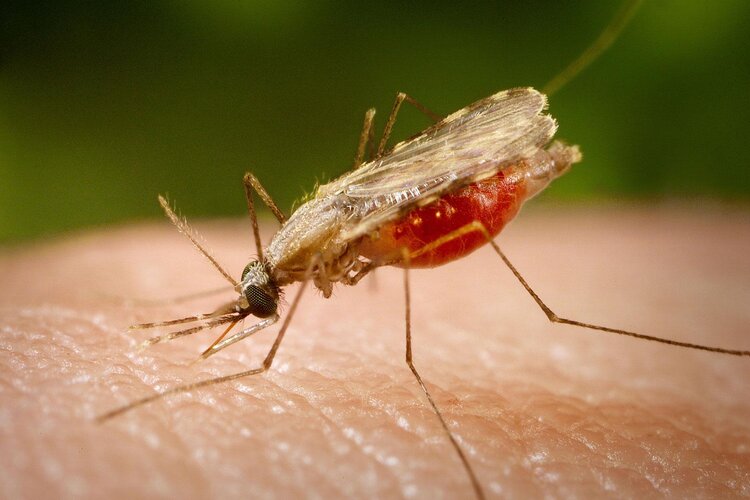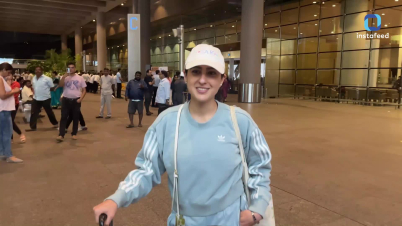Malaria in infants can be cut by 70%, says Study
A research study Brian Greenwood of the London School of Hygiene and Tropical Medicine have found that in infants Malaria can be reduced by 70%.

As per a research study, a new approach to prevent malaria using existing medicines has been shown to reduce severe cases of the parasitic disease among infants by more than 70% in sub-Saharan Africa.
On Wednesday, the results were published in the New England Journal of Medicine which came from combining booster shots of an antimalarial vaccine together with preventative drugs.
"The paper’s senior author Brian Greenwood of the London School of Hygiene and Tropical Medicine told AFP that members of the team were in touch with the World Health Organization about updating its recommendations", reported by News18.
"The RTS,S vaccine, made by British pharmaceutical company GSK, was developed more than 20 years ago but by itself is not highly effective", said Greenwood.
The research was conducted for a course of three years on around 6,000 children aged five to 17 months from Burkina Faso and Mali. The participating children were divided into three groups - those who received only the anti-malarial drugs sulfadoxine–pyrimethamine and amodiaquine; those who received only the RTS,S vaccine; and those who received a combination.
The study found, "the combination was the most effective intervention, reducing malaria cases by 63 percent, hospitalizations by 71 percent, and deaths by 73 percent compared to the drugs alone."
As reported by News18, Greenwood said, "the study showed the value of developing plans in accordance with local epidemiological conditions — in this case administering vaccines ahead of peak season, instead of during times when there was no transmission and their impact would fade. Like a lot of these things it’s sort of common sense but nobody has actually put this into practice, to see whether it actually would work. Hopefully this may get implemented in several countries and save lots of people’s lives."







